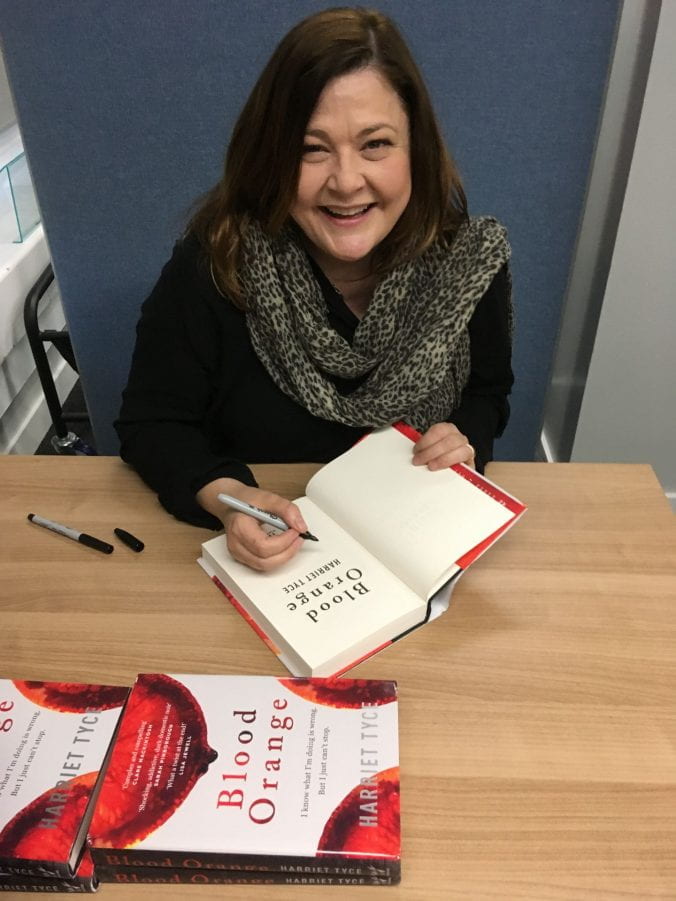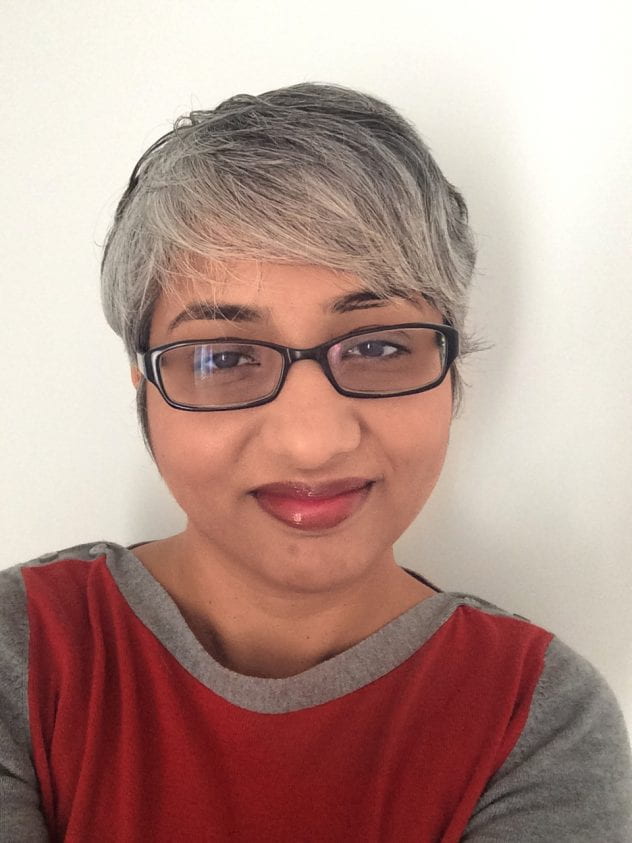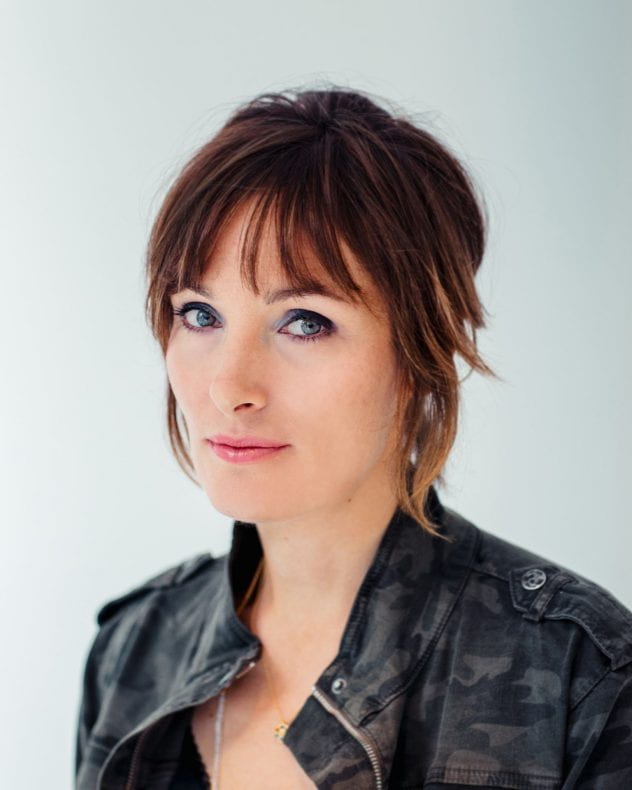By Emily Pedder
We are delighted to announce a second year of sponsorship for the Novel Studio scholarship, generously supported by Novel Studio alumna and bestselling crime author Harriet Tyce.
The scholarship provides a fully-funded place for one successful applicant to the course from a low-income household and aims to support a student of talent and potential who might not otherwise be able to accept an offer of a place on The Novel Studio.
Last year’s winner, Lola Okolosie, said she was ‘deeply honoured… to receive The Novel Studio Scholarship from City. It is a huge help; without the financial assistance, I would be unable to embark on a course that I know will develop my skills as a fiction writer.’
Applicants to the scholarship go through the same process as all other applicants but will need to also include a personal statement and provide evidence of financial need. The top three applications will be shortlisted and a final winner chosen by a panel, including the course director, course tutors and Harriet Tyce. For more information on our critieria, please visit the Novel Studio scholarship page.
General applications to the Novel Studio will also open on 1st February 2020. For anyone interested in applying, please see our submissions process here.
It’s been a phenomenal start to the year for graduates of the Novel Studio. Scholarship sponsor Harriet Tyce published her debut crime novel Blood Orange in 2019 to critical acclaim, with The Observer calling it ‘Complex and menacing…a very impressive debut.’
Blood Orange was shortlisted for the Dead Good Reader’s Award and selected for Richard and Judy’s bookclub choice in December 2019. Her second novel, Lies You Told – think Motherland meets noir – is due out in July 2020.
Kiare Ladner, also a Novel Studio alumna, will publish her debut novel, Nightshift, in July 2020 with Picador. Associate publisher Ravi Mirchandani described the novel as “an immensely exciting debut.”
Kiare’s short stories have been published in anthologies, journals, commissioned for radio and shortlisted in competitions, including the BBC National Short Story Award 2018. She won funding from David Higham towards an MA (Prose Writing) at the University of East Anglia, and then received further funding for a PhD (Creative Writing) at Aberystwyth University. She was given Curtis Brown’s HW Fisher Scholarship in 2018.
Kiare recently joined The Novel Studio teaching team, bringing a unique blend of experience as a student of the course and as a published writer of serious talent.
Another Novel Studio alumna, Deepa Anappara, will also publish this year. Her debut novel, Djinn Patrol on the Purple Line, has won the Lucy Cavendish Fiction Prize, the Deborah Rogers Foundation Writers Award, and the Bridport/Peggy Chapman-Andrews Award for a First Novel. It is now being translated into 17 languages.
Deepa’s short fiction has won the Dastaan Award, the Asian Writer Short Story Prize, the second prize in the Bristol Short Story awards, the third prize in the Asham awards, and has been broadcast on BBC Radio 4. She has an MA in Creative Writing from the University of East Anglia, Norwich, where she is currently studying for a Creative-Critical Writing PhD on a CHASE doctoral fellowship.
Last but not least, Novel Studio alumna Hannah Begbie will publish her second novel, Blurred Lines, in June 2020. Hannah developed her debut novel, Mother, on the Novel Studio and won that year’s prize for new writing.
Published by HarperCollins in 2018, Mother went on to win the Romantic Novelists’ Association Joan Hessayon Award for new writing and was made Book of the Month on Mumsnet and a pick for Fern Britton’s inaugural Book Club for Tesco. Mother has since been optioned by the BAFTA-winning Clerkenwell Films for adaptation into a television drama.
Ready to join them? Find out more about our The Novel Studio Submissions process. Applications open on 1st February 2020.








Recent Comments